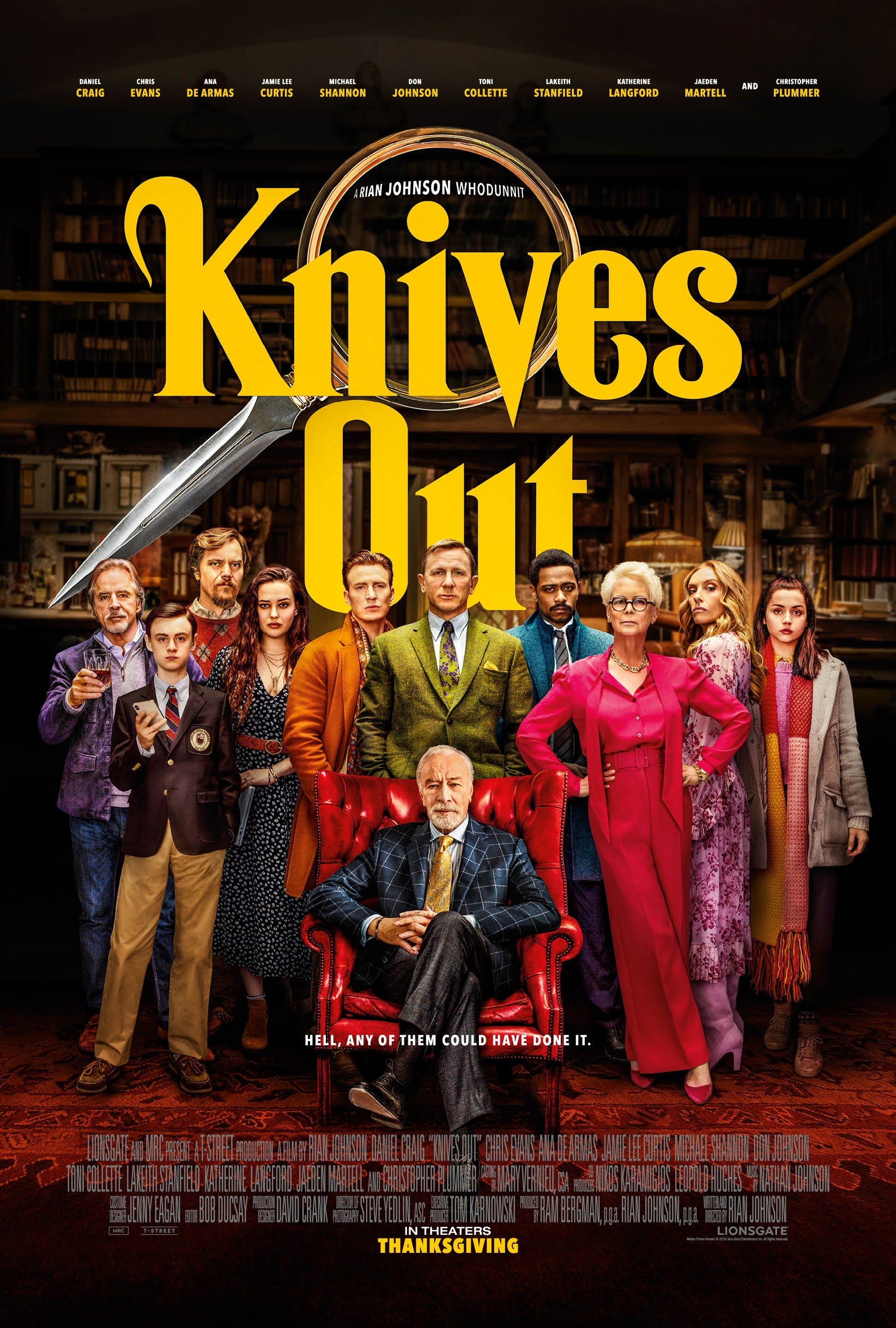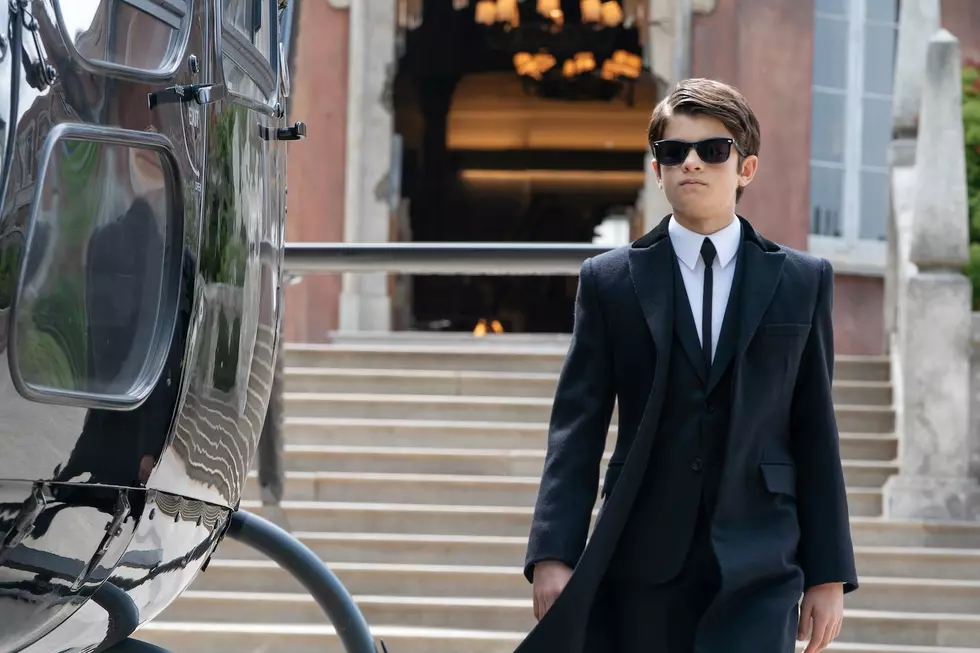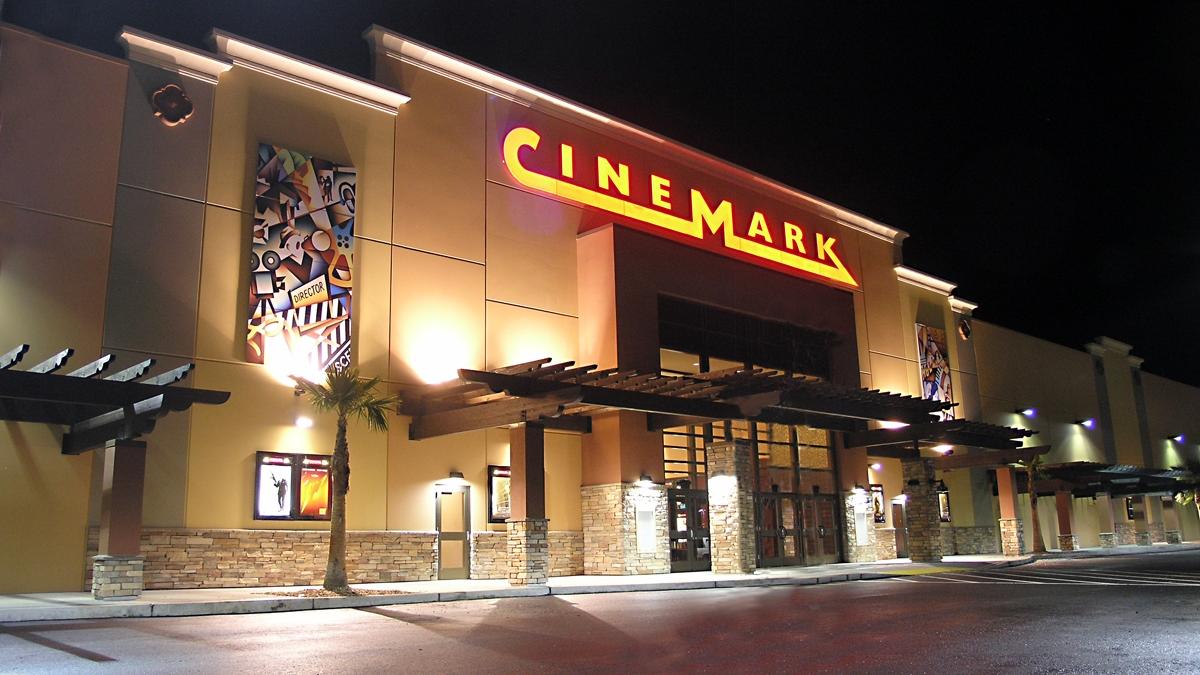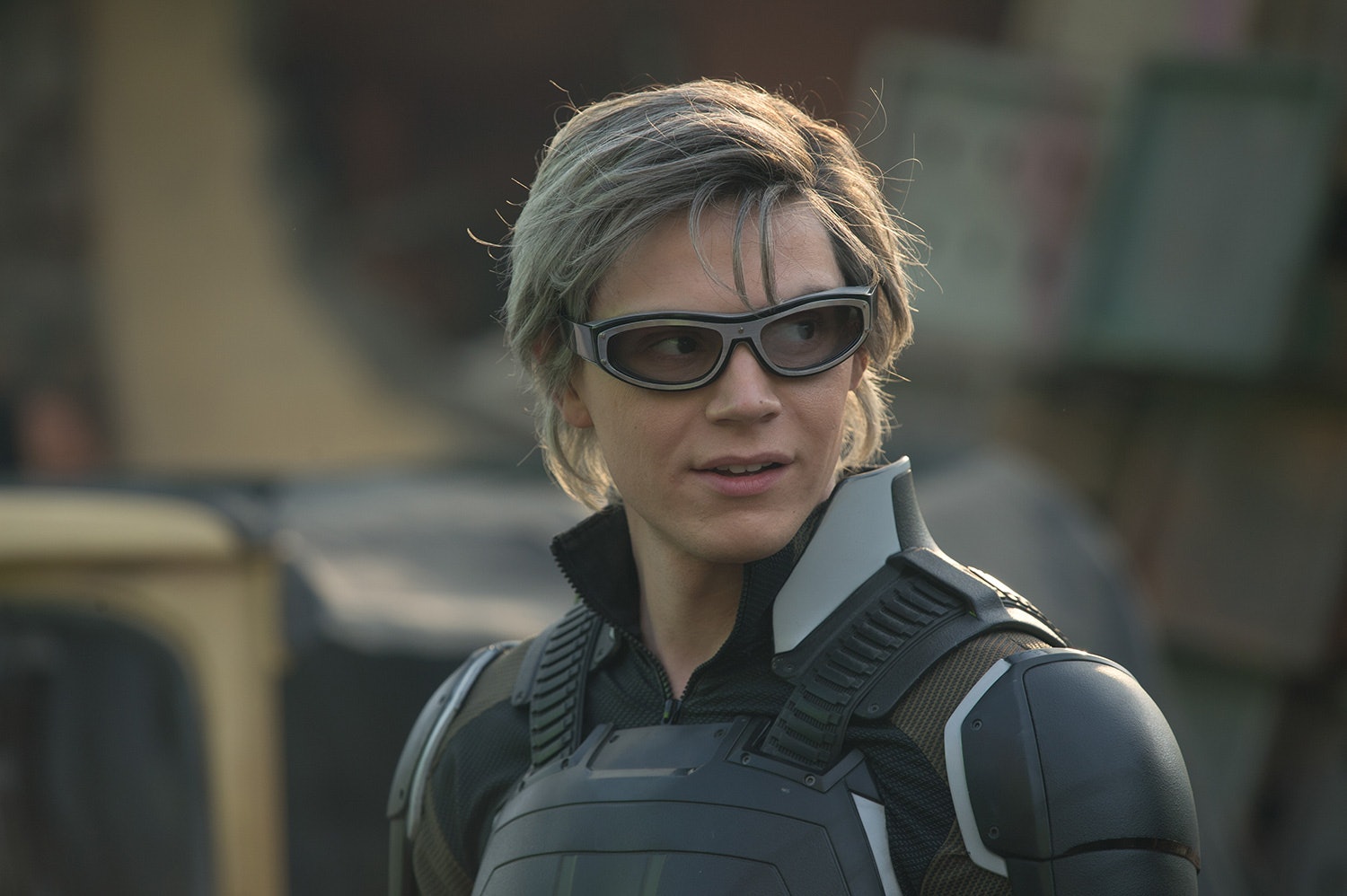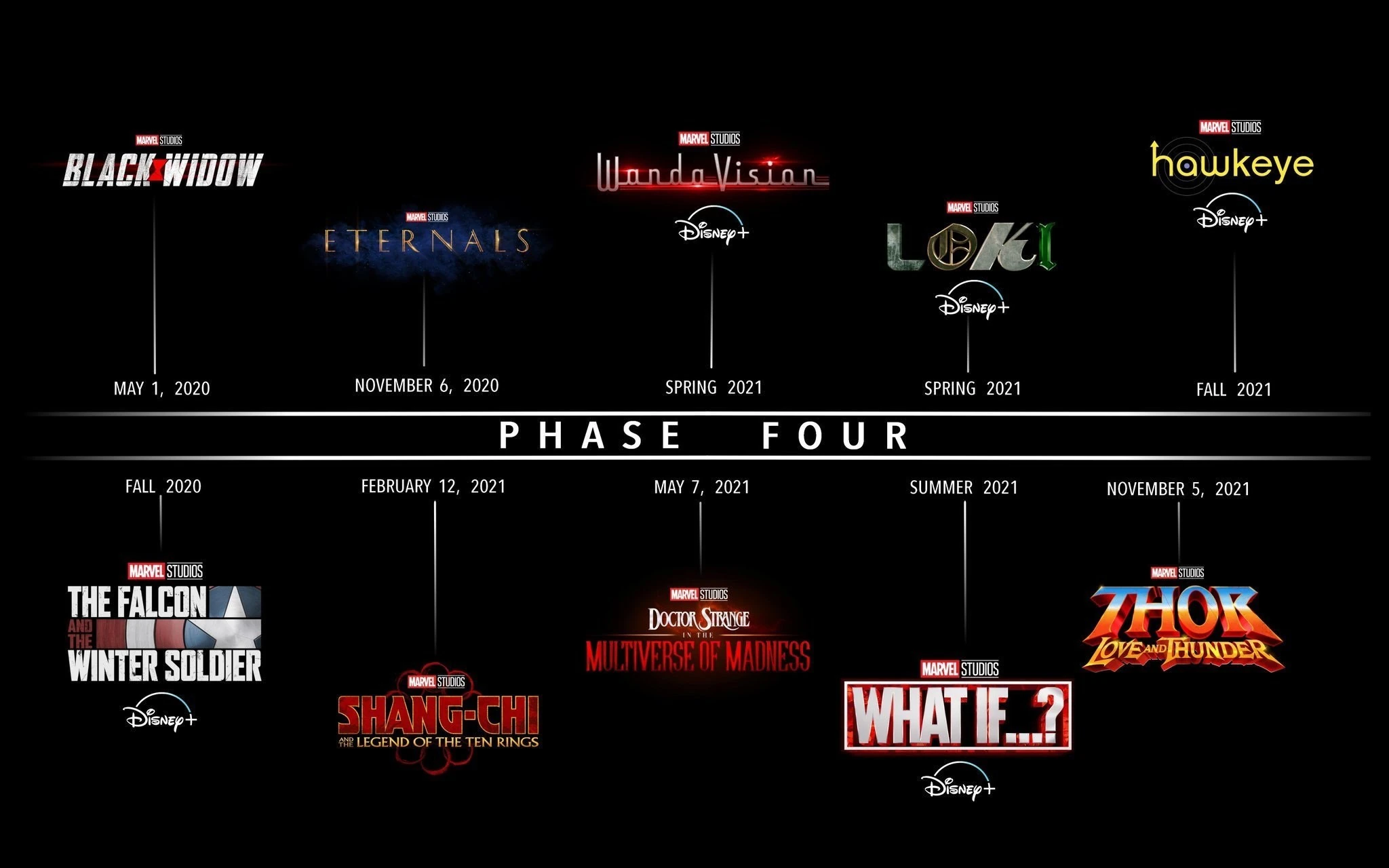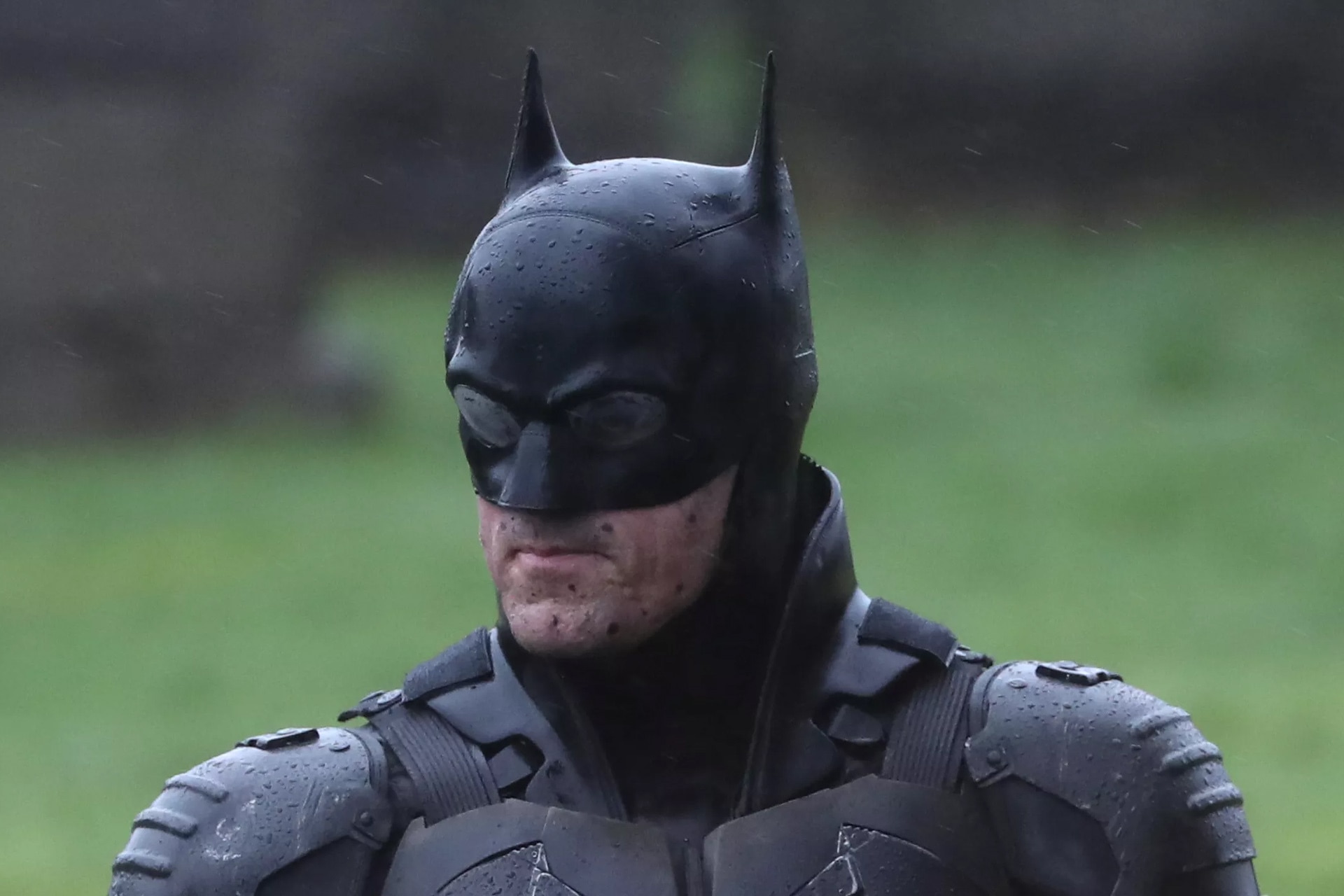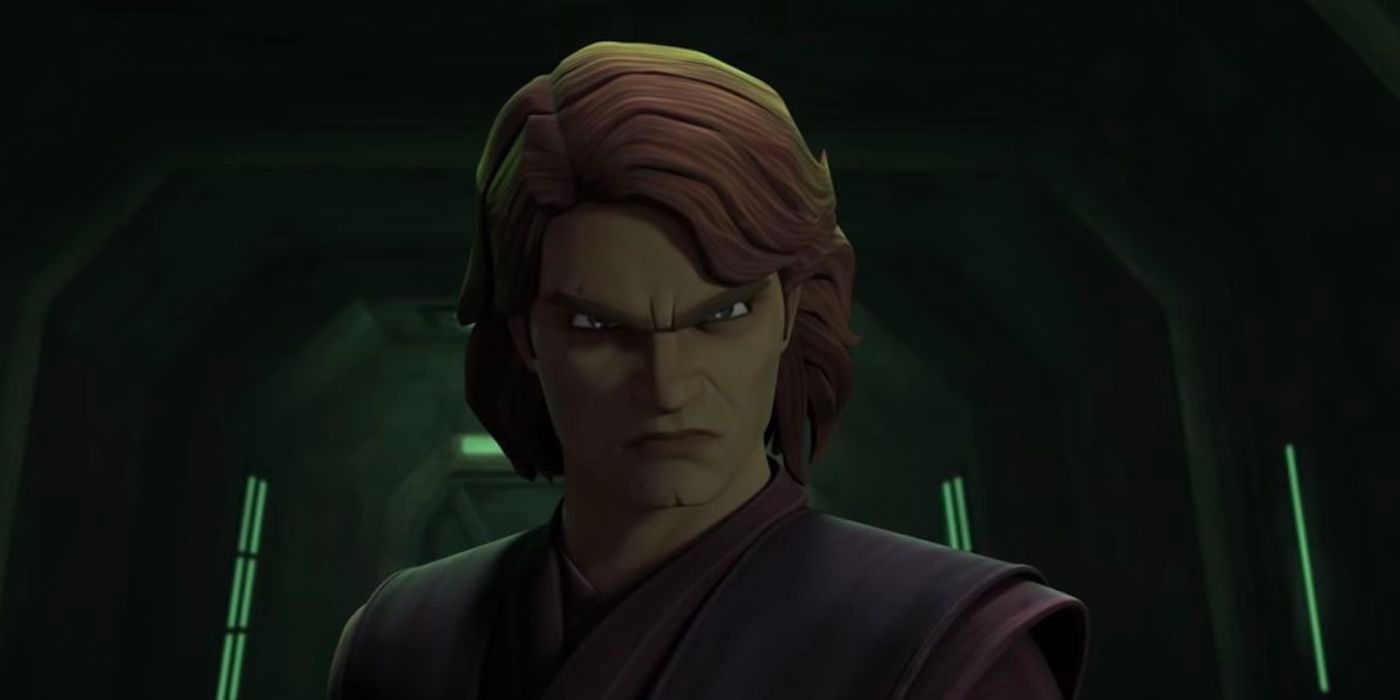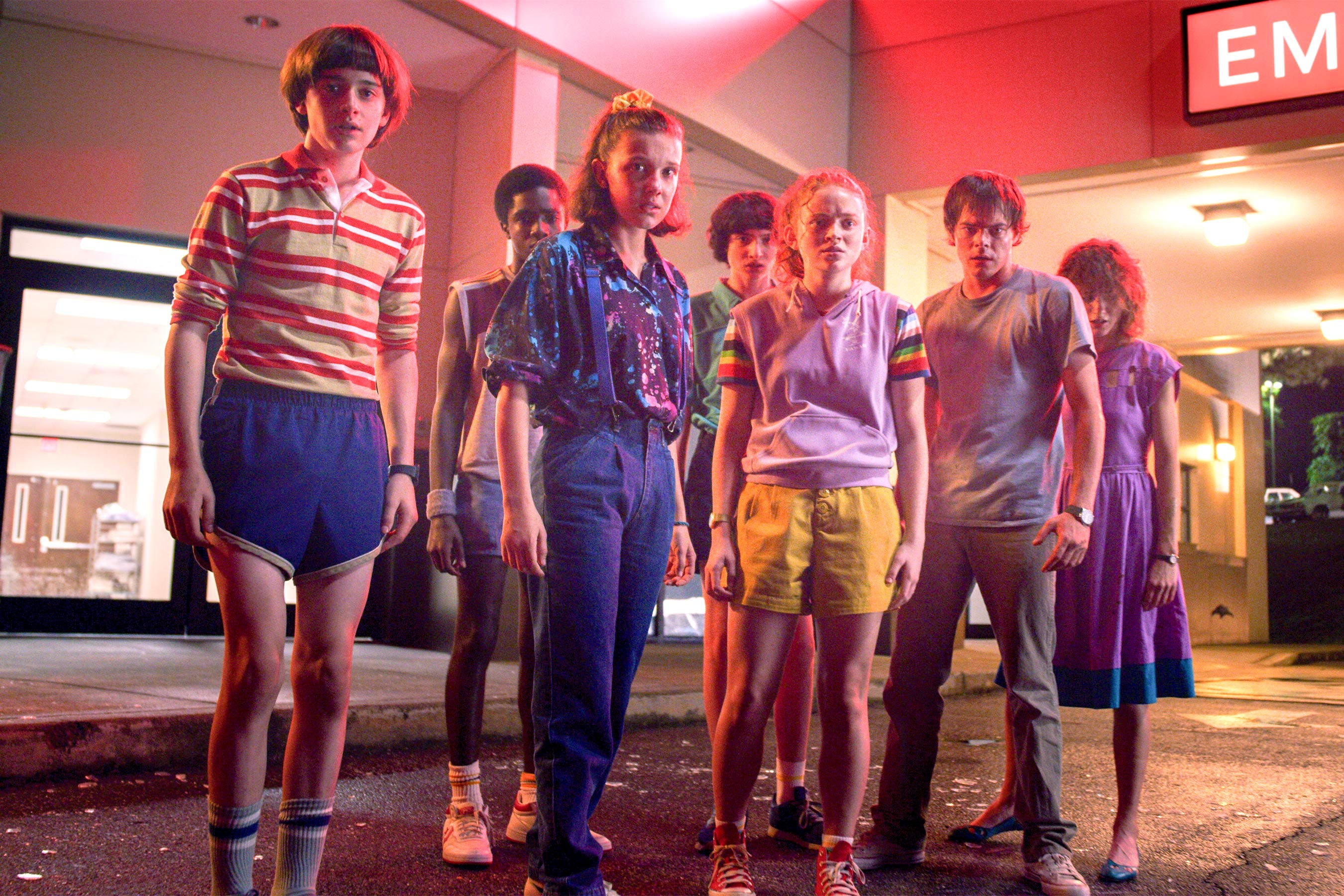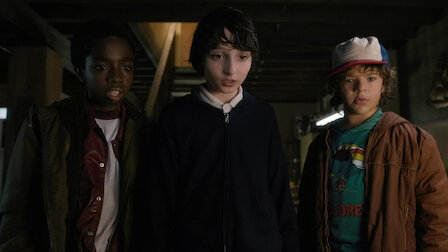Artemis Fowl - Review: Straight to Disney+ For a Reason
Starring: Ferdia Shaw, Lara McDonnell, Judi Dench, Josh Gad, Nonso Anozie, Tamara Smart, Colin Farrell, Nikesh Patel
**DISCLAIMER**: This is a subjective, opinionated article that does not have, nor should have any effect on your opinion. As such, my opinion is entitled to change over time and whatever is written here at this point in time may not and should not be held to me in the future. You are not meant to agree with me 100 percent of the time, because the nature of subjectivity is we see everything differently. If there is something you happen to disagree with, I absolutely respect your point of view if you will respect mine. Please keep this in mind.
The Review
Before I begin this review, I think it's extremely important to note that I haven't read any of the widely-acclaimed books that this film is based on. I understand that there are a large number of people who grew up reading them, and were eagerly anticipating the release of this film, much in the same way that I was anticipating the first Percy Jackson film so many years ago, being as big of a fan of the books as I was.
So understand that I am not entirely sure how this film will hit you, should you be an advocate for these books. Perhaps you will be infuriated at the critical panning this film has already gotten, or perhaps you will be part of the voices that tell of this film's weaknesses compared to the fantastic books.
If you're anything like with Percy Jackson, it would be the latter. I could not believe how horribly the filmmakers had managed to butcher a franchise that I held so dear at the time. Not only did they do it once, but they did it twice. And I pray they never have to do it again for Artemis Fowl.
Because, having absolutely no attachment to the series prior, I watched this film and was mixed with a sense of awe and sadness at how ninety relatively short minutes confused me so incredibly much. Indeed, while this film is not very long at all, being one of the shortest films that i've ever sat through, it managed to pack a story so befuddling that at a certain point, I continually found myself writing "I don't understand what the plot of this movie is" in my notes.
The story centers around a young protagonist named Artemis Fowl. However, much to my surprise, this isn't the only Artemis Fowl, as the film also focuses on his father, Artemis Fowl Sr. Young Artemis has to solve a mystery and save his father before a set amount of time. It seems relatively simple, no? And on the surface, it certainly is. And yet, underneath that simplicity, this film tries to do so many things that it buckles underneath the weight quite early on.
The film tries to introduce an entire mythology in a short ninety minutes, and while it manages to show us a great many creatures and people acting to CGI, it doesn't manage to establish any emotional attachment. Director Kenneth Branagh, director of the MCU film Thor, is known for his grandiose tales that ultimately have a beating heart at the center. And that's one glaring aspect that this film lacks. Despite all the fairies, CGI trolls, and magic flying through the air (including horrifying shots of Josh Gad's mouth - don't ask), this film doesn't give you as a viewer any reason to care.
Lead actor Ferdia Shaw plays Artemis Fowl. With this being his first feature-film role ever, I don't blame him at all for his performance. I don't believe many others would have been able to do much better in his place. But that does not mean his performance was good, because it certainly was anything but. While we are supposed to care about this character or Artemis Fowl and his relationships to other characters, I just could not get invested in his character arc. At points, I almost felt like a robot was delivering the dialogue, and again, that is by no means his fault. Anyone asked to be the lead of a high-profile film without any prior experience would not have been able to do better. But that again does not mean it's good.
The supporting cast surrounding Shaw are mediocre at best. Josh Gad does his best Batman impression, for some strange reason, as he talks the entire film as if he has a frog stuck in his throat. In addition to that, by no fault of his own, Gad looks like a splitting image of Hagrid from the Harry Potter franchise, which was rather distracting as well. I'm not entirely sure why the costume designers and makeup artists made that creative choice, but if you told me that his character really was Hagrid, I would've believed you. There is also a ridiculous framing device that see Josh Gad talking to the camera for at LEAST forty minutes of the film at various moments, which became incredibly distracting. The exposition is almost entirely delivered by his character, and not only that, but it's spoken straight to camera as if we're watching some kind of weird, twisted version of The Office.
The veterans, including Judi Dench and Colin Farrell, turn in fine performances for what they're given. The real standout seems to be Lara McDonnell, who plays a fairy named Holly Short. She seems incredibly invested in the role and does her very best to salvage every moment she can, which made her character instantly likable.
And while the film certain does many things wrong, it is absolutely entertaining. Perhaps it is not meant to be entertaining at certain points, but, as compared to some other major blockbusters, this film is by no means boring (at least on first watch)l. There is always something to look at, and while that something may sometimes be laughably bad CGI, this film almost always had my attention, which is more than I can say for a great many films.
What truly sunk the film to me was the dialogue. The famous adage of "show don't tell" is entirely ignored, as I continuously heard phrases such as "Artemis is ______" or "Don't mess with Artemis because he's ______". The only character development I ever got out of ANY of the characters was from Josh Gad, who was spewing character development as if he was the screenplay writer at a storyboarding meeting.
In the end, Artemis Fowl doesn't do many things right. The story is a somewhat confused disaster, the dialogue is horrendous (especially for Kenneth Branagh and a Disney film), and the acting is subpar at best. While the action and the visuals are enough to keep it mildly interesting for a viewer (the short running time doesn't hurt either), there is a good reason that Disney felt they couldn't make much money off of this film in theaters, and that's why it was sent directly to Disney+.
So understand that I am not entirely sure how this film will hit you, should you be an advocate for these books. Perhaps you will be infuriated at the critical panning this film has already gotten, or perhaps you will be part of the voices that tell of this film's weaknesses compared to the fantastic books.
If you're anything like with Percy Jackson, it would be the latter. I could not believe how horribly the filmmakers had managed to butcher a franchise that I held so dear at the time. Not only did they do it once, but they did it twice. And I pray they never have to do it again for Artemis Fowl.
Because, having absolutely no attachment to the series prior, I watched this film and was mixed with a sense of awe and sadness at how ninety relatively short minutes confused me so incredibly much. Indeed, while this film is not very long at all, being one of the shortest films that i've ever sat through, it managed to pack a story so befuddling that at a certain point, I continually found myself writing "I don't understand what the plot of this movie is" in my notes.
The story centers around a young protagonist named Artemis Fowl. However, much to my surprise, this isn't the only Artemis Fowl, as the film also focuses on his father, Artemis Fowl Sr. Young Artemis has to solve a mystery and save his father before a set amount of time. It seems relatively simple, no? And on the surface, it certainly is. And yet, underneath that simplicity, this film tries to do so many things that it buckles underneath the weight quite early on.
The film tries to introduce an entire mythology in a short ninety minutes, and while it manages to show us a great many creatures and people acting to CGI, it doesn't manage to establish any emotional attachment. Director Kenneth Branagh, director of the MCU film Thor, is known for his grandiose tales that ultimately have a beating heart at the center. And that's one glaring aspect that this film lacks. Despite all the fairies, CGI trolls, and magic flying through the air (including horrifying shots of Josh Gad's mouth - don't ask), this film doesn't give you as a viewer any reason to care.
Lead actor Ferdia Shaw plays Artemis Fowl. With this being his first feature-film role ever, I don't blame him at all for his performance. I don't believe many others would have been able to do much better in his place. But that does not mean his performance was good, because it certainly was anything but. While we are supposed to care about this character or Artemis Fowl and his relationships to other characters, I just could not get invested in his character arc. At points, I almost felt like a robot was delivering the dialogue, and again, that is by no means his fault. Anyone asked to be the lead of a high-profile film without any prior experience would not have been able to do better. But that again does not mean it's good.
The supporting cast surrounding Shaw are mediocre at best. Josh Gad does his best Batman impression, for some strange reason, as he talks the entire film as if he has a frog stuck in his throat. In addition to that, by no fault of his own, Gad looks like a splitting image of Hagrid from the Harry Potter franchise, which was rather distracting as well. I'm not entirely sure why the costume designers and makeup artists made that creative choice, but if you told me that his character really was Hagrid, I would've believed you. There is also a ridiculous framing device that see Josh Gad talking to the camera for at LEAST forty minutes of the film at various moments, which became incredibly distracting. The exposition is almost entirely delivered by his character, and not only that, but it's spoken straight to camera as if we're watching some kind of weird, twisted version of The Office.
The veterans, including Judi Dench and Colin Farrell, turn in fine performances for what they're given. The real standout seems to be Lara McDonnell, who plays a fairy named Holly Short. She seems incredibly invested in the role and does her very best to salvage every moment she can, which made her character instantly likable.
And while the film certain does many things wrong, it is absolutely entertaining. Perhaps it is not meant to be entertaining at certain points, but, as compared to some other major blockbusters, this film is by no means boring (at least on first watch)l. There is always something to look at, and while that something may sometimes be laughably bad CGI, this film almost always had my attention, which is more than I can say for a great many films.
What truly sunk the film to me was the dialogue. The famous adage of "show don't tell" is entirely ignored, as I continuously heard phrases such as "Artemis is ______" or "Don't mess with Artemis because he's ______". The only character development I ever got out of ANY of the characters was from Josh Gad, who was spewing character development as if he was the screenplay writer at a storyboarding meeting.
In the end, Artemis Fowl doesn't do many things right. The story is a somewhat confused disaster, the dialogue is horrendous (especially for Kenneth Branagh and a Disney film), and the acting is subpar at best. While the action and the visuals are enough to keep it mildly interesting for a viewer (the short running time doesn't hurt either), there is a good reason that Disney felt they couldn't make much money off of this film in theaters, and that's why it was sent directly to Disney+.
